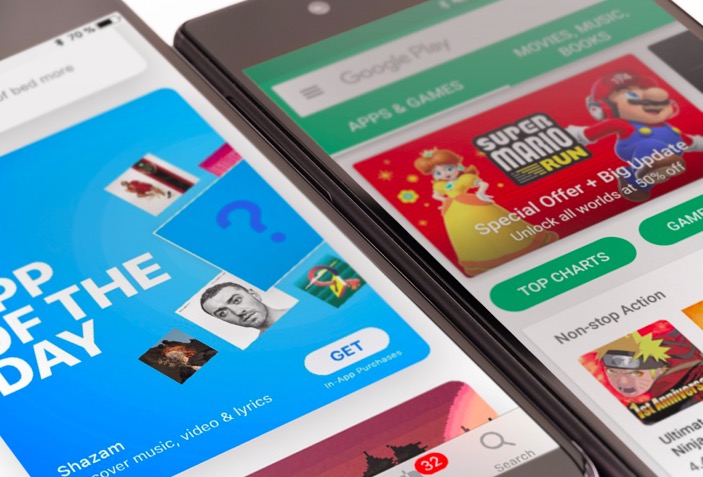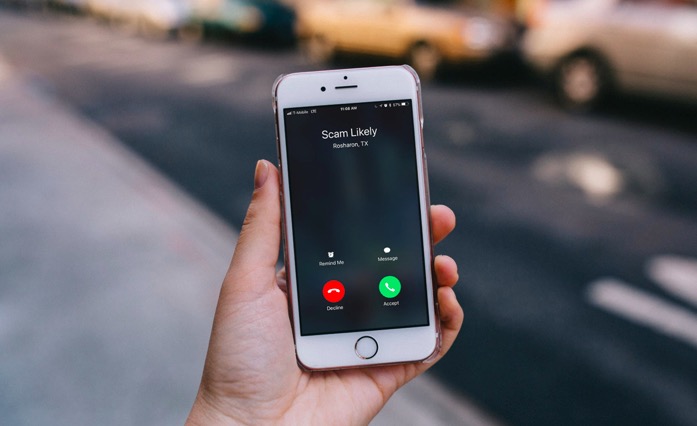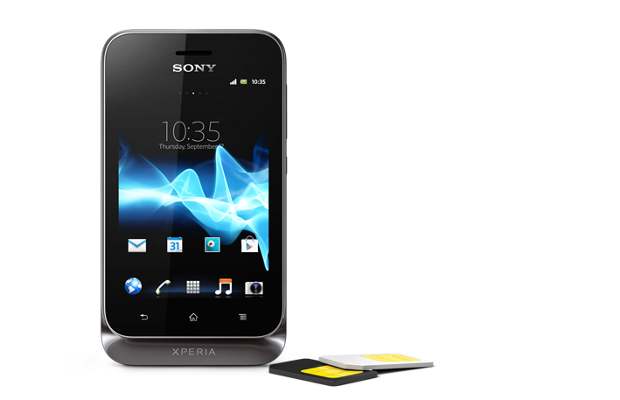Phishing is a scam involving a hacker posing as someone trustworthy to steal sensitive information, such as usernames and passwords. More often than not, they also try to obtain credit card details.
Phishing techniques are becoming more and more sophisticated all the time. People have become aware of numerous scams, so hackers constantly find new ways to invade people’s privacy and steal data.
According to research by Lookout, mobile phishing attacks have been increasing by 85% every year since 2011. This shows that mobile security has its shortcomings. It also shows that people aren’t very much aware of phishing techniques.
To prevent phishing attacks on your phone and protect all your personal and sensitive information, follow the tips below.
Only Install Official Apps from Trusted Sources

You should always install apps only from recognized and trusted sources. Installing a third-party app from unauthorized sources could put your phone at risk, so stay away from illegitimate sources.
If you’re an Android user, your most trusted source for apps is the Google Play Store. If you’re an iPhone user, your best bet is Apple’s App Store.
Don’t Click on Suspicious Links
Emails and SMS messages are a hacker’s favorite communication method for using their phishing techniques. They include malicious links in the messages, prompting the recipients to click on them, usually to get a compelling offer.
Pop-ups and quizzes on social media also pose the same dangers. Not every quiz is a scam, but some of them are. They also contain links that you usually need to click on to get your quiz results.
Clicking on all those links installs hidden malware on your phone, giving hackers full access. They can then track your online activity, and record keystrokes to get your usernames and passwords.
Therefore, don’t click on links in quizzes, pop-ups, emails, or SMS texts from suspicious sources. Phishing URLs usually contain spelling or grammar mistakes, so be sure to double-check before clicking on what may seem legit.
Use a Caller ID

Direct phone calls are also a popular phishing technique. A hacker could pretend to be someone from a reputable company trying to sell products or services. They could pose as someone from your bank and ask you for your personal information, perhaps even your PIN.
This is why you should get a caller ID. Some of the best apps are Should I Answer? (for Android), and Truecaller (for iOS).
Remember: no bank would ever ask you for your PIN. If you think that a phone call could be from a legitimate source, politely say that you’ll call them back. That way, you can call the official number and make sure they’re the ones that called.
If you receive a phone call from a suspicious originating number, kindly excuse yourself and hang up. That is if you actually answer.
Install Antivirus Software
Your phone’s system updates already come with the latest security patches that keep your phone protected. However, antivirus software will add an extra layer of security and give you some peace of mind.
Your antivirus software will alert you whenever there’s any malicious activity, and it will instantly block it. So, find an antivirus solution for mobile that best fits your needs, but be sure it’s from a reliable vendor.
Use a VPN

A VPN is your best bet for protecting your phone against phishing techniques. Best VPNs come with software solutions that block malware, and they encrypt your data and online activity. They provide an encrypted tunnel for every piece of data you send and receive on your phone.
Since it encrypts all your connections, a VPN prevents hackers from tracking you online. They cannot monitor your web traffic and send you links to malicious websites.
They also cannot discover your email, phone number, login credentials, or your personal information. This means that they cannot call you, or send you phishing emails and SMS. They cannot gain access to any of your accounts, too.
So, find the best VPN available and take a huge step toward safe and secure internet browsing. Use the best VPN for your needs, and keep your phone protected against phishing techniques at all times.
To choose the best VPN, consider its interface, features, price, compatible devices, locations covered, and customer service offered. Also, make sure the vendor is reliable and trustworthy.
Start following all these tips today, and always be on alert for potential scams. Hackers are lurking behind every corner, so be smart and don’t let them trick you.






